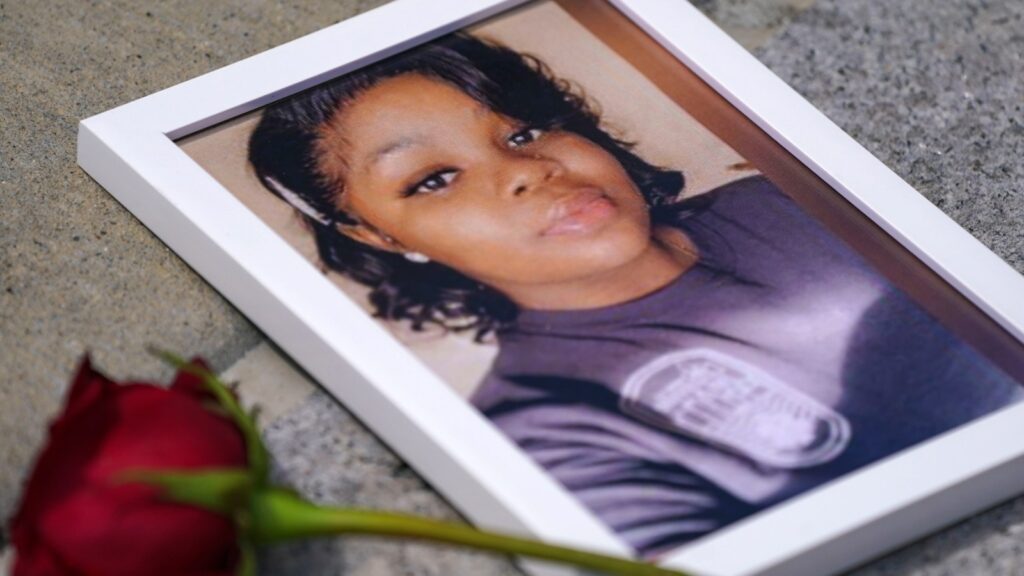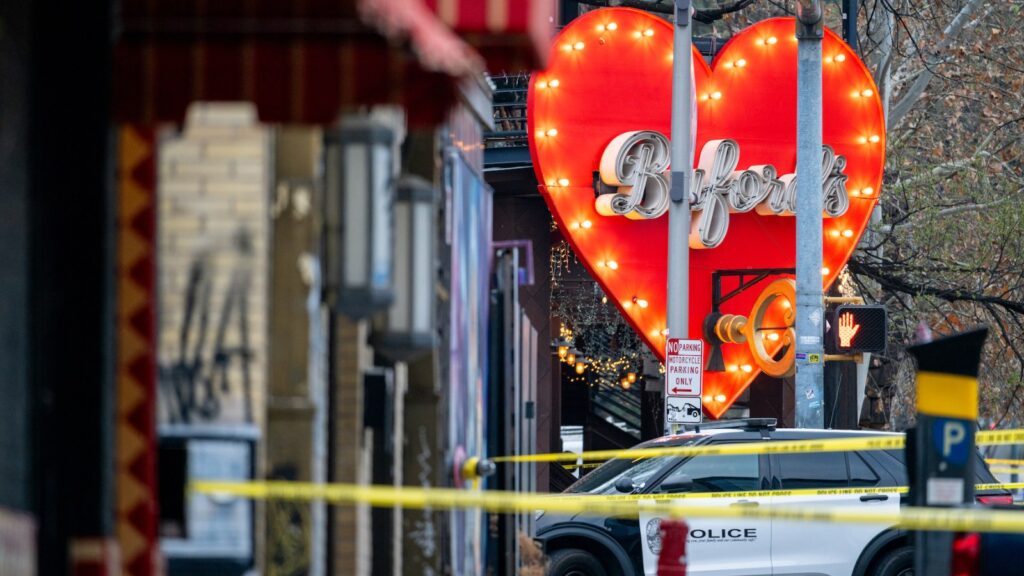Cops Who Falsified Warrant Used in Breonna Taylor Raid Didn’t Cause Her Death, Judge Rules
A federal judge in Kentucky ruled that two police officers accused of falsifying a warrant ahead of the deadly raid that killed Breonna Taylor were not responsible for her death, The Associated Press reports. And rather than the phony warrant, U.S. District Judge Charles Simpson said Taylor’s boyfriend, Kenneth Walker, was responsible for her death because he fired upon the police officers first — even though he had no idea they were police officers.
The ruling was handed down earlier this week in the civil rights violation case against former Louisville Police Detective Joshua Jaynes and former Sgt. Kyle Meany. The two were not present at the March 2020 raid when Taylor was killed. Instead, in 2022, Attorney General Merrick Garland accused the pair (along with another detective, Kelly Goodlett) of submitting a false affidavit to search Taylor’s home before the raid and then conspiring to create a “false cover story… to escape responsibility” for preparing the phony warrant.
Prosecutors had argued that this phony warrant put Taylor in danger. But Simpson dismissed the claim that armed officers conducting a middle-of-the-night raid on a no-knock warrant based on made-up intel that a suspected drug dealer was receiving packages at Taylor’s apartment had anything to do with her eventually being shot and killed. “There is no direct link between the warrantless entry and Taylor’s death,” Simpson wrote.
Instead, he argued that Walker was far more responsible. When the police barged into Taylor’s apartment, Walker fired a shot, thinking the police were intruders and hit a cop in the leg. In response, the police fired over 30 shots inside the apartment, with five or six striking Taylor.
Simpson decided that Walker’s “conduct became the proximate, or legal, cause of Taylor’s death.” (Walker was briefly arrested and charged with attempted murder of a police officer, but that charge was dropped. In 2022, he settled a $2 million civil suit with the city, accusing the cops of violating his civil rights by not announcing themselves upon executing the raid.)
“While the indictment alleges that Jaynes and Meany set off a series of events that ended in Taylor’s death, it also alleges that Walker disrupted those events when he decided to open fire,” Simpson said.
In a statement, Taylor’s family told The AP they were “devastated” by the ruling and were still “trying to process” the decision. “The only thing we can do at this point is continue to be patient … we will continue to fight until we get full justice for Breonna Taylor,” they said.
Taylor’s family also said prosecutors told them they planned to appeal the decision. The Justice Department said it “is reviewing the judge’s decision and assessing next steps.”
For now, Simpson’s ruling has hobbled the DOJ’s civil rights violation case against Jaynes and Meany, reducing the charges to misdemeanors. Jaynes is still facing a conspiracy charge, while Meany is accused of making false statements to investigators. Goodlett previously pleaded guilty to the charges against him and is expected to testify against the others.





